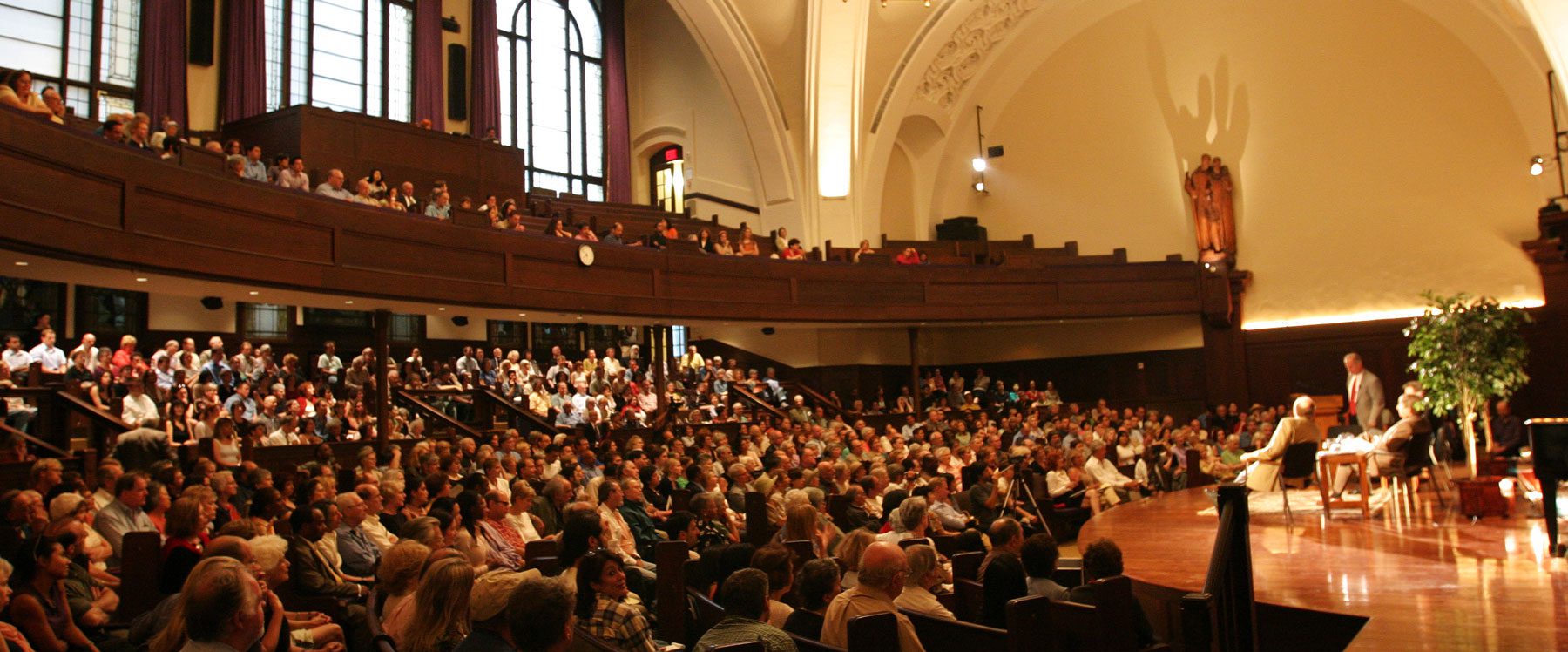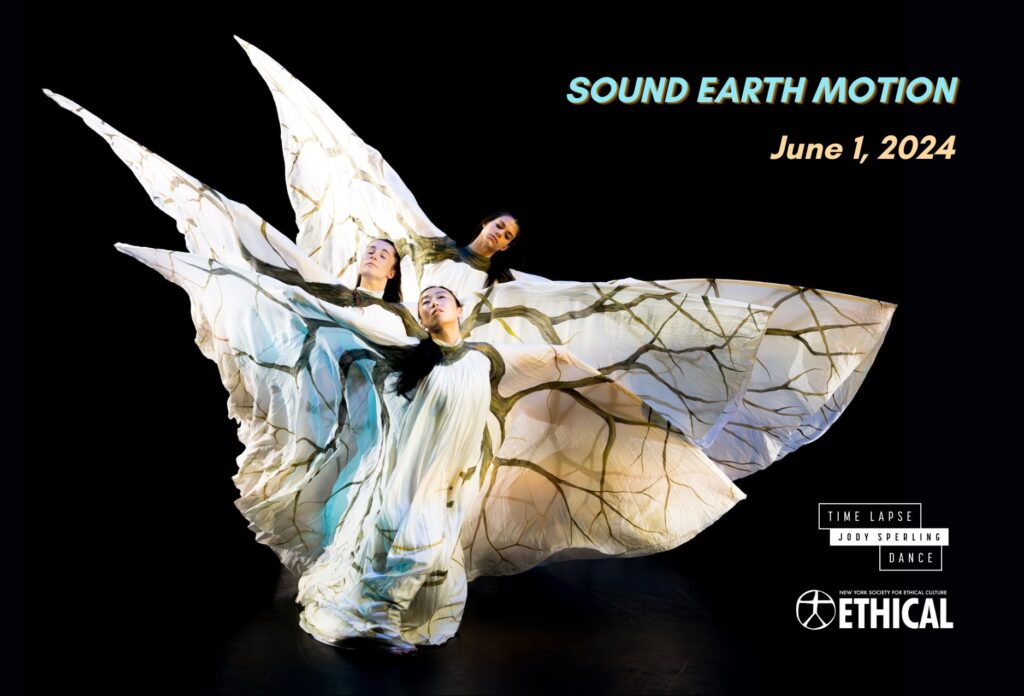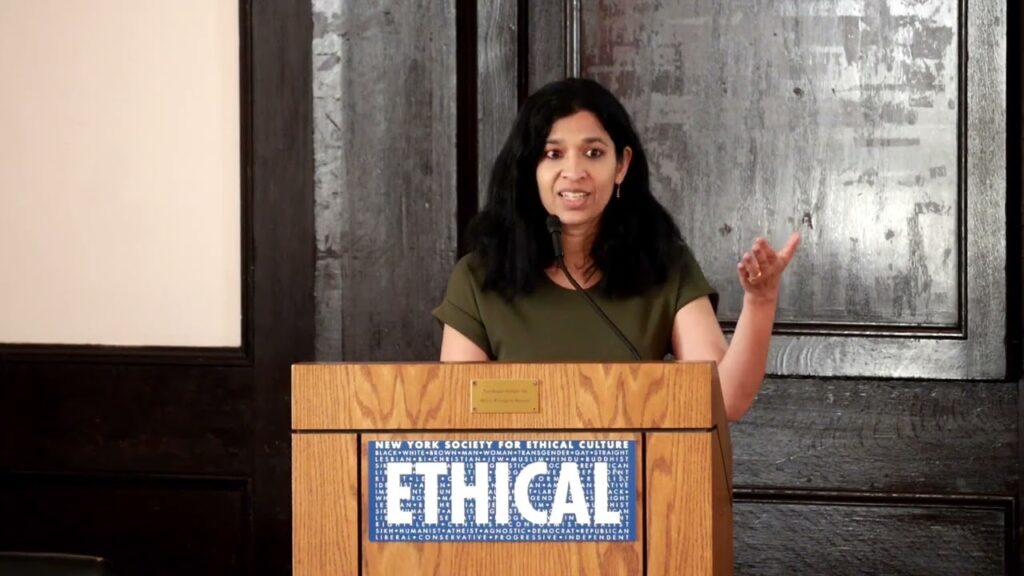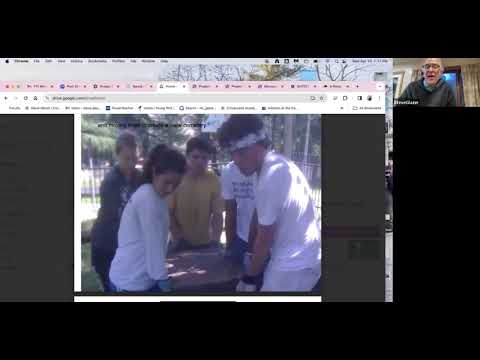
The first impression I had of this island that sits between the boroughs of Queens and the Bronx was one of desolation, but perhaps that was because I went there knowing its purpose as a prison. Watch enough “Law and Order” television shows and you become familiar with Rikers. It sounds ominous, and it is. Studying a map before my trip, it looked like one could leap from the eastern coast of the island onto the tip of a runway at LaGuardia airport, but there’s only one bridge from Queens to Rikers and plenty of barbed wire fences. Sanitary landfill enlarged this once 90-acre island to 400 acres accommodating ten major jails and an average of 15,000 inmates. There are also a bakery, laundry, infirmary, print and tailor shops, maintenance and transportation divisions, and a power plant. The facilities were situated high enough to withstand Super Storm Sandy with neither flooding nor power outage, and no one was evacuated.
So why did I make this trek? I was invited by the Osborne Association to attend a graduation and luncheon on December 4th for the latest class of Fresh Start & Family Works Parenting Program. Osborne was founded in 1933 “to create opportunities for people affected by the criminal justice system to further develop their strengths and lead lives of responsibility and contribution.” Fresh Start and Family Works are two of its many programs, the former offering training in culinary arts, computer literacy, and life skills; the latter teaching men how to better communicate with their children and become better parents. I rode on the bus with the graduates’ families and other guests. The children were dressed up in suits and dresses; most of their mothers said they saw no point in dressing up since they would have to remove all their accessories before entering the social hall. I learned this when I had to deposit my jewelry and scarf in a locker. My wedding ring wouldn’t budge, so I was allowed to wear it through the metal detector and into the room where I was patted down by a prison matron.
The nineteen inmate graduates were decked out in royal blue gowns and black mortarboard caps. They looked resplendent and beamed at the assemblage. What a proud day this was for them! The speakers, including NYC Department of Correction Commissioner Dr. Dora Schriro, Osborne Executive Director Liz Gaynes, and NYC Council Member Danny Dromm, kept their remarks mercifully short to allow more time for families to reconnect. I drifted slowly around the room, taking it all in: correction officers on guard, teachers and board members from Osborne schmoozing with elected officials and their staff, children racing around and babies being passed around, laughter over photographs snapped and shared, the hubbub of human interaction within the walls of a prison. The inevitable “it’s a small world” moment came when I chatted with a deputy warden and discovered that she had interned at the NY Society twenty years ago with the supervised visitation program. Now we are partnering with Osborne to offer supported televisitation between children in an office at our meeting house and their incarcerated parents.
We talk about change and yet few of us believe it’s possible. Even when we devise programs for organizational change and dedicate ourselves to personal transformation, a small, persistent voice whispers, “People don’t really change. Things stay the same.” But I witnessed hope that day on Rikers, and it was real. Change seems possible because it’s so arduous; it takes time, strength and patience – and unconditional love.
I could only imagine the lives of the families I celebrated with and knew that I was an outsider, someone untouched, but not unmoved, by their tragedies. Life is unfair: an overwhelming majority of inmates on Rikers and in every prison across the country are people of color. Mass incarceration is a racial phenomenon that is a moral outrage calling out for justice. We can make a difference by joining the efforts of our ethical societies and the American Ethical Union to humanize criminal justice.
The last speaker at the ceremony was graduate Michael Raplye, who read his poem, “I am from.”
I am from loneliness, pain and failure
I am from mistakes, misfortune, mis-opportunity
I am from insanity and dismay
I am from drugs, crime and jail
Having brought to light what I am – or was
It’s not where I’m going. Not any more.
I am from change and new beginnings
I am from the future that I’ve painted, my picture
I am from tomorrow, which I live today.







